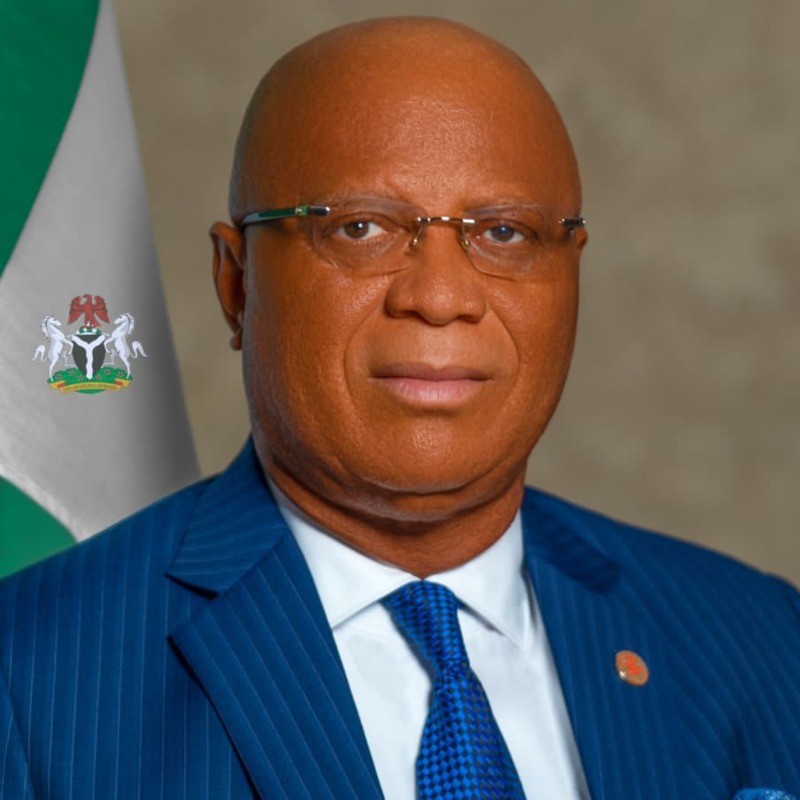Some analysts have wielded their swords against the amended Akwa Ibom Traditional Rulers Law, 2022, declaring in unison that ‘‘the state government was not sincere in amicable resolution of the matter.’’
Despite oppositions by most attendees during the public hearing of the amended Law and amidst subsisting Court order, the 26-member House of Assembly benched the report of its House Committee on Local Government and Chieftaincy Affairs and hurriedly passed the bill into law on September 22.
Imbued by the passage of the bill, the state Governor wasted no time in turning the bill into an Act same day and later swore into office the ‘‘minted’’ President-General of the Supreme Council of Traditional Rulers next day.
Also read: Why Paramount Rulers’ll continue with Akwa Ibom Traditional Rulers Law suit- Lawyers
In bringing up the matter seen as obnoxious to public domain for discuss, some commentators from Annang and Obolo ethnic nationalities comprising Chief Sunny Udom, Publicity-Secretary of Afe Annang; Sunday Afiko, National Legal Adviser, Obolo ethnic coalition and Obonganwan Ima Ibokette, women leader were audacious in opposing the life-time position ceding the office to one ethnic nationality.
While answering questions in an interview on Inspiration 105.9 FM, Uyo on Thursday, they said they did not oppose the office of President-General, but that they were against allowing an occupier of one ethnic group in perpetuity.
‘‘We do not President-General of Supreme Council of Traditional Rulers in Akwa Ibom in perpetuity,’’ they declared.
According to them, allowing the major ethnic nationality in the state to remain forever would breed division, hatred and discrimination among other minor ethnic groups.
‘‘In our opinion, the position of President-General should be not be apportioned to one ethnic group, but should be rotational to allow others to have a sense of belonging in the state,’’ they posited.
Chief Udom said the Annang, Oro and Obolo were not against the President-General, but against hodling the position in perpetuity.
Udom noted that allowing what he saw as ‘‘a law to oppress the minorities rights’’ contradicts the spirit and provision of the 1999 Constitution of the Federal Republic of Nigeria (as amended).
‘‘If we allow the law of allowing the major ethnic group in Akwa Ibom to exist, it means we from the ethnic minorities would have attained the position of President in the country. Already, the Hausas are the major ethnic group in the country. Ex-President Goodluck Jonathan is from the minority but he occupied the nation’s top position because the constitution does not allow segregation among other ethnic minorities.
‘‘I do not know why President-General is allowed to stay. Before the creation of the state, we knew how people fought for some positions. OkuIbom Ibibio is a political creation. When the office was not elevated, we could recall bitter contest to the office. You can imagine what will happen once the position is vacant.’’
Afiko recalled that the plaintiffs (13 Paramount Rulers) suing the state governor, House of Assembly speaker and Attorney-General had applied for settlement of the matter out of court, but the Attorney General opposed the motion, prompting the the presiding Justice to ask him to do a rethink.
‘‘However, the AG stood his ground that he wanted the matter to be totally withdrawn from the court before it could be settled. Since our clients feared that if the the matter was withdrawn and after three months if the matter was not amicably resolved, by the time you go back to court, it would have been statute-barred.
‘‘We needed to extract a commitment from the defendants so that we could go back to the Justice to strike out the matter. We would have had expected to get a consent judgement to rely on before we withdraw the matter from the court for settlement.
‘‘For me, the government is not sincere in settling the dispute, otherwise the AG would not have filed a motion to proceed with matter in court, despite our readiness to settle it amicably,’’ he stated.
‘To me the amended law has insulted and humiliated our the collective existence of other ethnic minorities in the state. Look at it, we in the minorities contribute the crude oil used in sustaining the economic well-being of the state.’’
The legal practitioner warned against the use of state House of Assembly a tool of suppression to conquer minor ethnic nationalities, noting ‘‘We should remember that there is not first, second and third class citizens in the country.’’
He debunked the notion that elders in Annangland were poised for war to annul or amend the law as untrue, pointing out that the women and youths were even the ones who were more concerned than the aged in calling for intervention to nullify any class among the tribes in the state.
Mrs Ibokette said the aggrieved women were echoing the message of peace as propagated by Pastor Umo Eno in the church.
‘‘I do not think that AG has any right to torpedo the message of peace by the Governor in upholding peace among us. We do not want our children to remain as second and third class or classless citizens in the state. We do not want war. Let there peace and let the various tribes in the state have a sense of belonging and togetherness,’’ the retired school Principal observed.
The matter is slated for hearing at Akwa Ibom High Court No. 2, Uyo on November 16.

